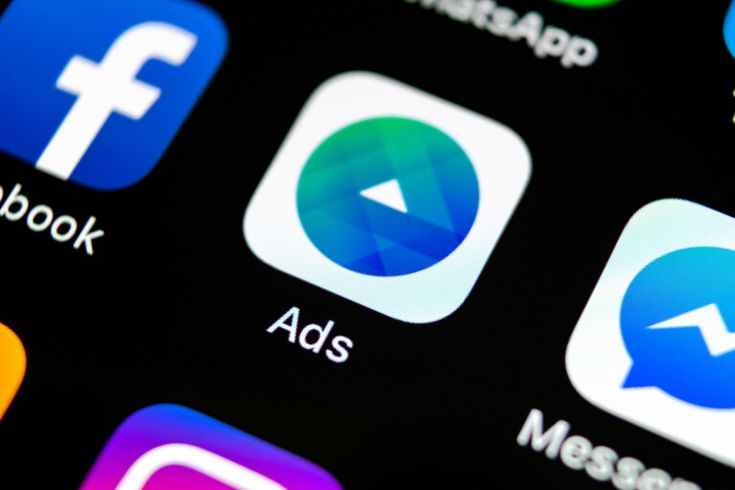What is Social Media Marketing?
Social media marketing (SMM) involves utilizing social media platforms and websites to promote products, services, or brands. It focuses on crafting and sharing content designed to resonate with a specific audience, aiming to achieve marketing and branding objectives. This approach harnesses the extensive reach of social media, its interactive features, and data-driven insights to engage users and drive meaningful business results.
Benefits of Social Media Marketing
- Increases Brand Awareness: Reach a wide audience quickly.
- Builds Community and Trust: Engage in real-time conversations and foster connections.
- Cost-Effective Marketing: Many tools and strategies require little investment compared to traditional methods.
- Drives Traffic and Sales: Direct users to websites or online stores.
- Provides Valuable Insights: Learn about customer behavior, preferences, and trends.
Challenges in Social Media Marketing
- Keeping Up with Trends: Social media trends evolve rapidly, requiring constant adaptation.
- Time-Intensive: Managing multiple platforms and creating content can be demanding.
- Algorithm Changes: Platforms frequently update algorithms, impacting organic reach.
- Negative Feedback: Brands must handle criticism and respond tactfully to maintain a positive image.

Primary objects of Social Media Marketing
- Brand Development: Establish a strong, recognizable presence online.
- Audience Engagement: Create meaningful interactions to nurture a sense of community.
- Lead Generation and Sales: Encourage specific actions like purchases or sign-ups.
- Customer Service: Address issues and feedback directly through social platforms.
- Reputation Management: Monitor and respond to public mentions and reviews.
Emerging Trends in Social Media Marketing
- Short-Form Videos: Platforms like TikTok, Instagram Reels, and YouTube Shorts have made quick, captivating videos a staple in marketing strategies.
- Influencer Collaborations: Partnering with influencers to access niche markets and boost credibility.
- Social Commerce: Features like Instagram Shopping and Facebook Marketplace simplify buying directly through social platforms.
- User-Generated Content (UGC): Encouraging customers to share their experiences for greater authenticity and trust.
- AI Integration: Tools like chatbots and automation for personalized responses and streamlined customer experiences.
- Social Responsibility: Highlighting eco-friendly practices or supporting meaningful causes to align with audience values.
Advanced Social Media Marketing Strategies
Targeted Campaigns:
- Leverage audience data to refine your messaging.
- Platforms like Meta (Facebook/Instagram) allow detailed targeting by demographics, behavior, and interests.
Personalized Content:
- Adapt posts for different audience segments to enhance relevance.
- For example, unique messaging for first-time visitors versus returning customers.
Integrated Campaigns:
- Use multiple platforms to deliver consistent messaging.
- Combine organic content, ads, and influencer marketing for greater impact.
Social Listening:
- Monitor conversations and sentiment around your brand or industry.
- Tools like Mention and Brandwatch can track mentions and competitor activity.
A/B Testing:
- Experiment with different types of content, captions, or visuals to see what performs best.
Retargeting:
- Re-engage users who interacted with your brand but didn’t convert, such as those abandoning shopping carts.
Community Building:
- Establish exclusive groups or host events to strengthen bonds with your audience.

Metrics to Assess Social Media Marketing Performance:
Engagement:
- Includes likes, comments, shares, and saves.
- Measures how well your content resonates.
Reach:
- Tracks impressions and the total audience exposed to your content.
Conversions:
- Focuses on actions such as purchases, sign-ups, or clicks.
Customer Loyalty:
- Monitors repeat customers and referrals.
Example of Social Media Marketing
- Nike on Instagram: Nike uses storytelling, influencer partnerships, and visually striking posts to inspire and engage.
- Wendy’s on Twitter: Known for its witty, humorous tone, Wendy’s captivates audiences and strengthens its brand personality.
- Glossier’s UGC Campaigns: Glossier encourages customers to share content using their products, boosting authenticity.
- Chipotle’s TikTok Campaigns: Viral challenges, like #GuacDance, have driven record-breaking engagement and sales.
